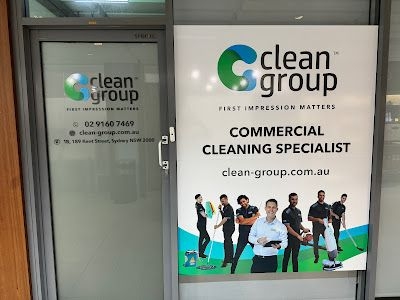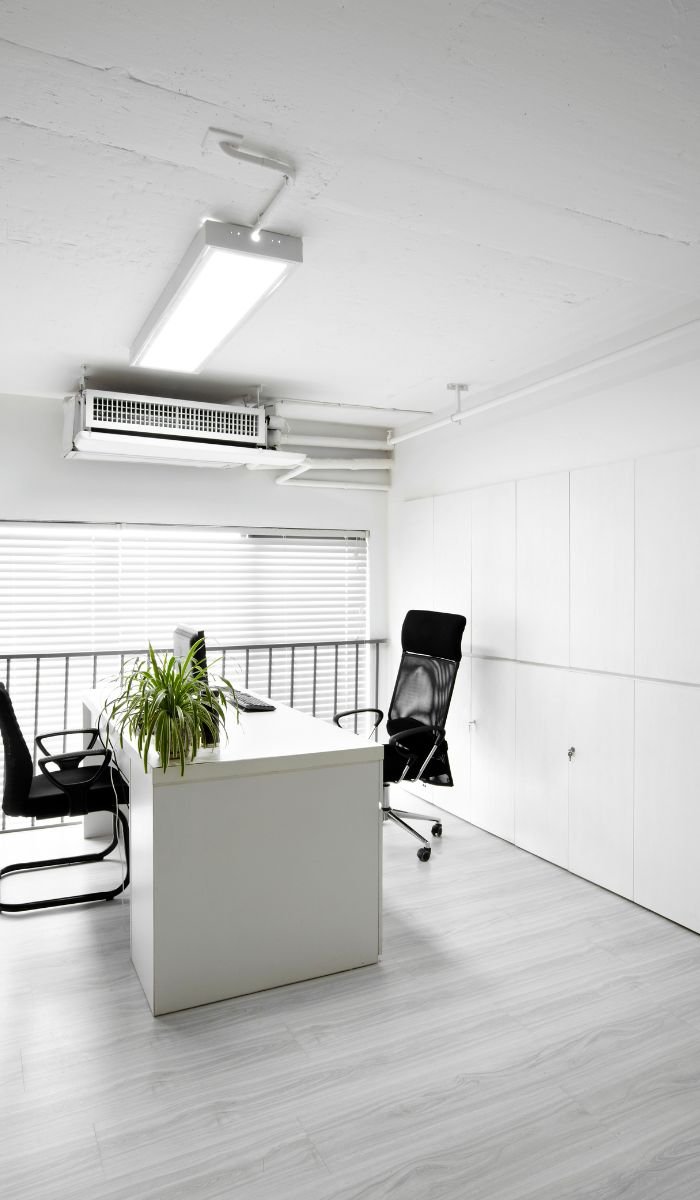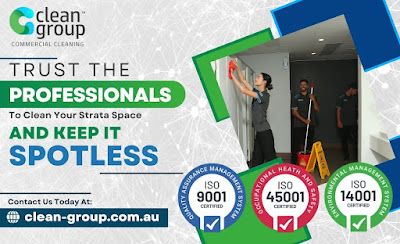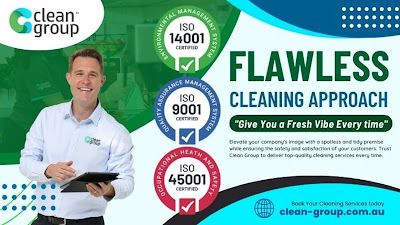
Safety Protocols for Commercial Cleaning Professionals
How to Create a Cleaning Schedule for Your Office
While cleaning has traditionally been seen as a manual task, the advent of automation, robotics, and advanced cleaning systems has streamlined the process significantly. Automated systems, such as conveyor belt cleaning systems in industrial settings, or self-cleaning toilets and dispensers in public restrooms, are helping reduce the amount of time and effort required to maintain cleanliness. These systems are often equipped with sensors to detect dirt, germs, and waste, ensuring that cleaning occurs in real-time when needed, rather than relying on set schedules.
In commercial settings, cleaning is crucial for maintaining a professional and welcoming environment. Businesses often rely on commercial cleaning services to ensure that their facilities are consistently clean, safe, and presentable. Clean Group provides comprehensive and professional Commercial Cleaning Sydney across Sydney, NSW. Our fully insured, trained, and security-verified cleaners ensure your workplace stays spotless and hygienic. Schedule a free onsite quote today—book online or call us at 02 9160 7469. Get your obligation-free commercial cleaning estimate for offices, buildings, and other business spaces in Sydney.. This includes a range of tasks such as surface cleaning, floor care, and waste removal. Similarly, in healthcare settings, specialized cleaning methods, known as terminal cleaning, are employed to prevent cross-contamination and ensure sterile conditions for patients. Housekeeping, including spring cleaning, is another common form of cleaning that focuses on maintaining a clean and organized living environment. Personal hygiene, which includes grooming and cleaning, is also an important aspect of individual well-being. Environmental remediation involves cleaning the natural environment by removing pollutants and contaminants, ensuring the health of ecosystems and the sustainability of natural resources.


